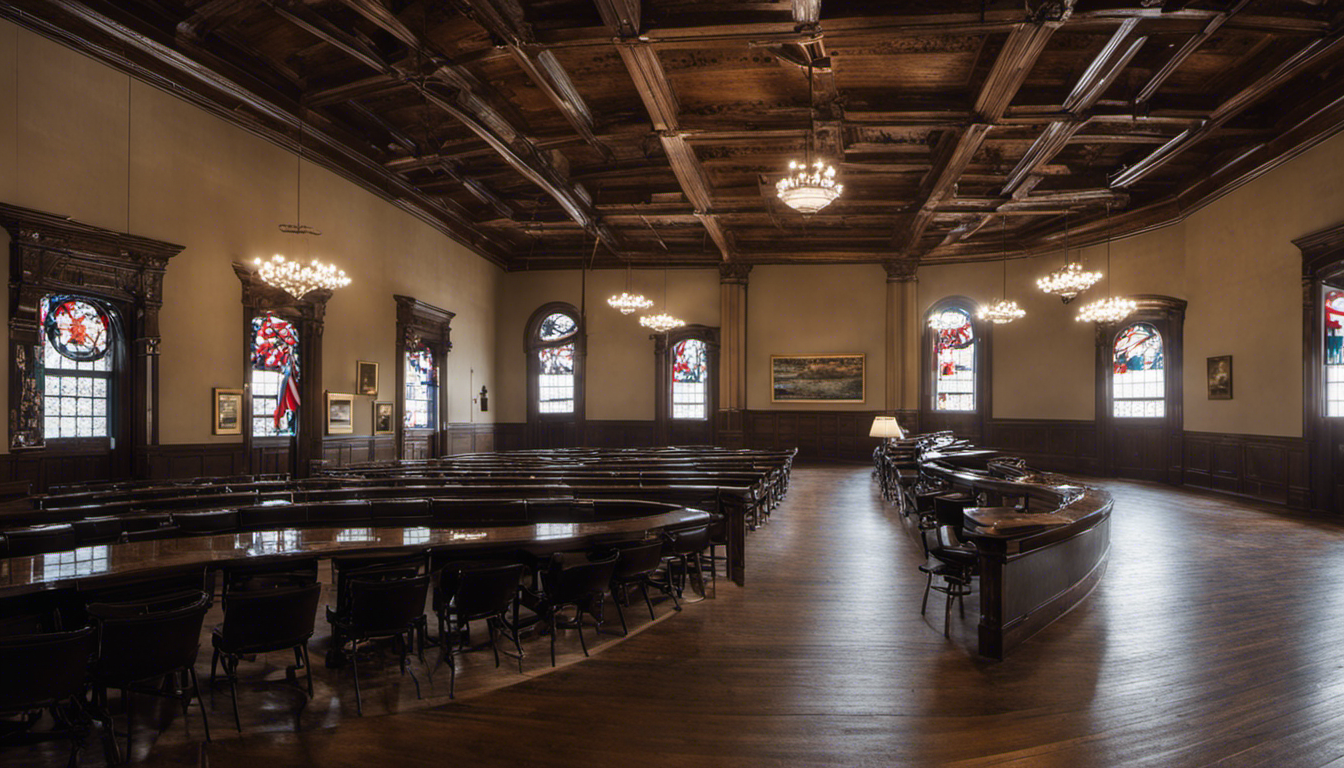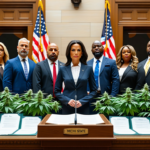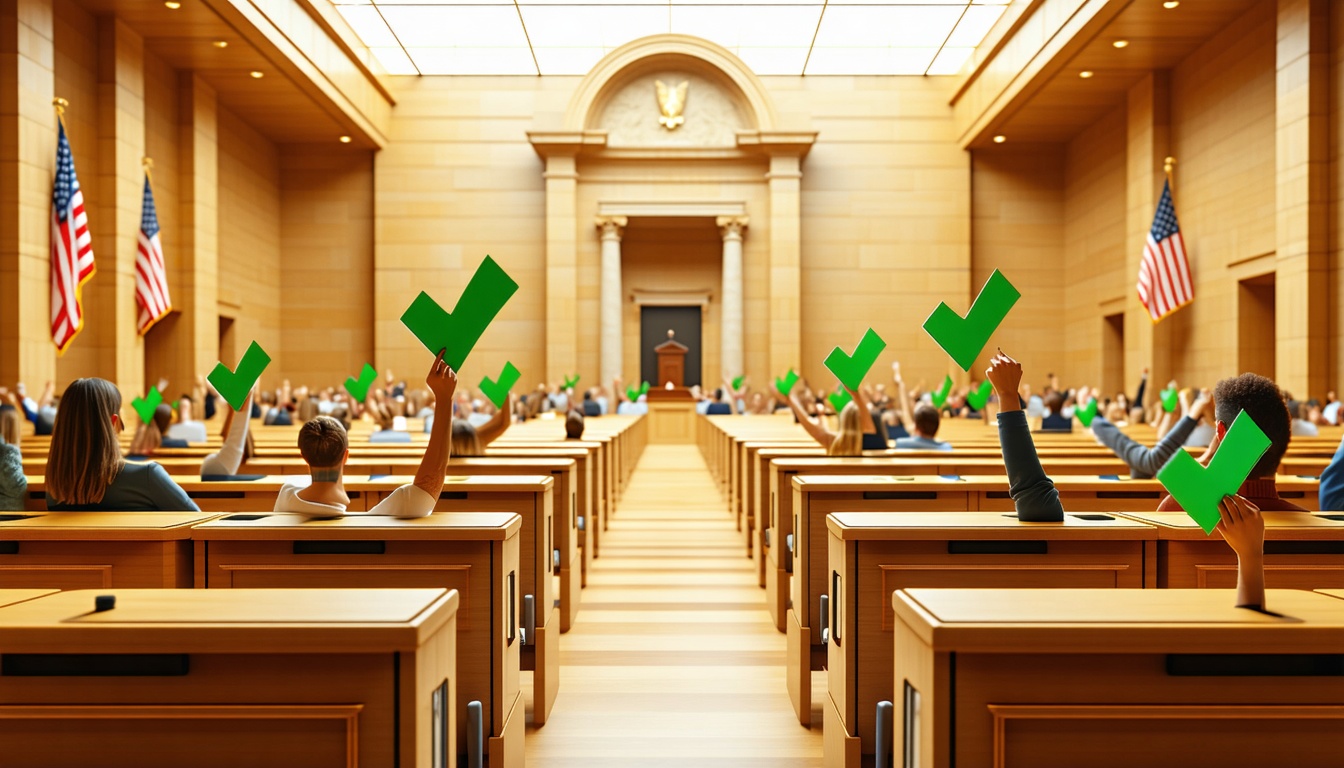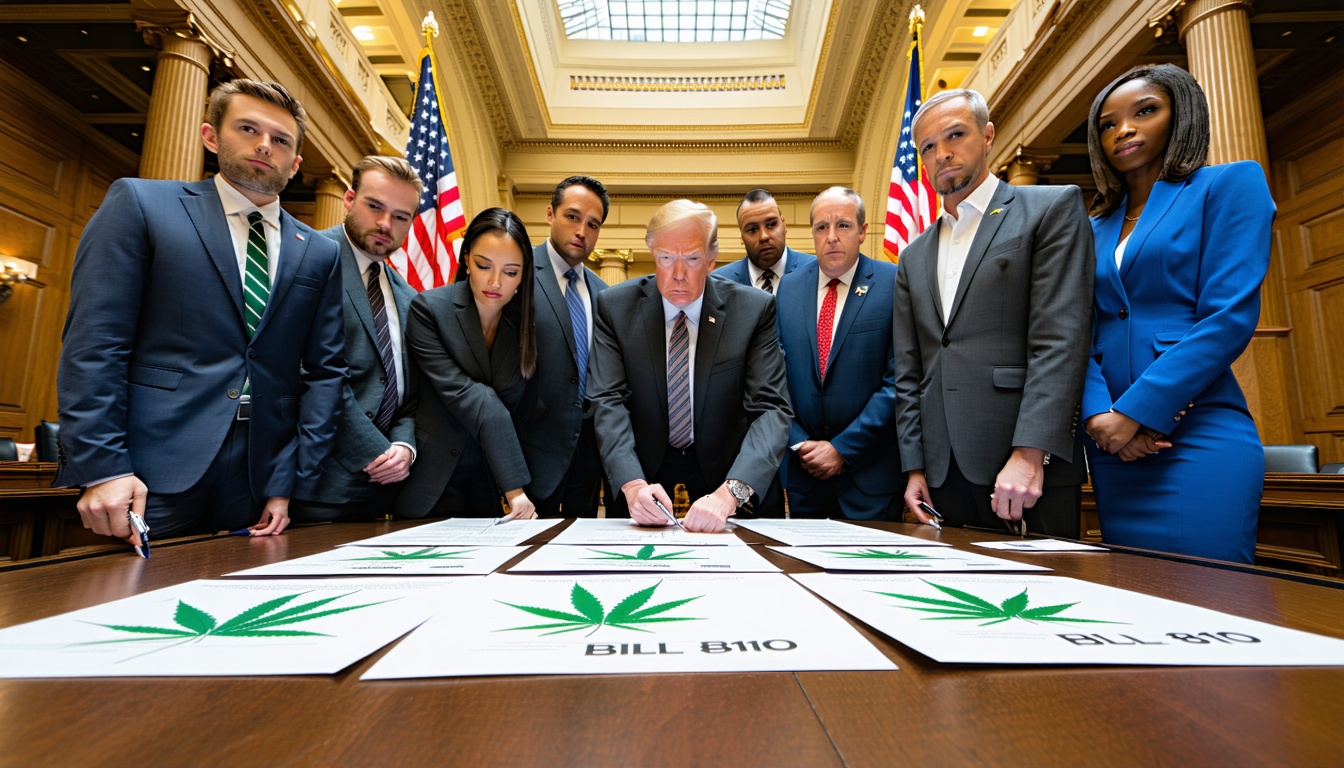Wisconsin Governor Calls for Public to Vote on Policy Changes, Including Cannabis Legalization
Wisconsin Governor Tony Evers has announced plans to include a proposal in the state’s 2025-2027 biennial budget that would allow citizens to put binding legislative and constitutional proposals on the ballot. This move would give the public the power to decide on policy changes, including the legalization of marijuana, without the approval of the state legislature.
Currently, Wisconsin is one of the few states that does not have a process for citizens to propose binding legislative and constitutional changes. Evers has criticized the Republican-led legislature for putting constitutional amendments on the ballot without giving the public a direct say in the process.
The governor’s proposal would allow Wisconsinites to enact statutory and constitutional changes at the ballot box, giving them a greater voice in shaping the state’s laws. Evers has cited issues such as legalizing and taxing marijuana, protecting abortion rights, expanding paid family leave, and enacting gun safety reforms as potential topics for public consideration.
The move is seen as a response to the legislature’s refusal to approve Evers’ previous proposals to legalize and tax cannabis. The governor has included plans to legalize and tax cannabis in his budget proposals, but lawmakers have consistently declined to approve them.
Evers’ proposal has been met with mixed reactions from lawmakers, with some Republicans indicating plans to introduce their own ballot proposals in 2025. Assembly Speaker Robin Vos has said he hopes to put a proposal requiring voters to show photo identification at the polls on the ballot in April.
The governor’s push for greater public involvement in the legislative process is seen as a departure from the traditional system, where lawmakers have the final say in shaping the state’s laws. Evers has argued that the will of the people should be the law of the land, and that lawmakers should give the public the same power to enact policy changes as they do.
The proposal is expected to face opposition from some lawmakers, but it has been praised by advocates for greater public involvement in the legislative process. The move could potentially pave the way for other states to follow suit and give citizens a greater say in shaping their laws.












